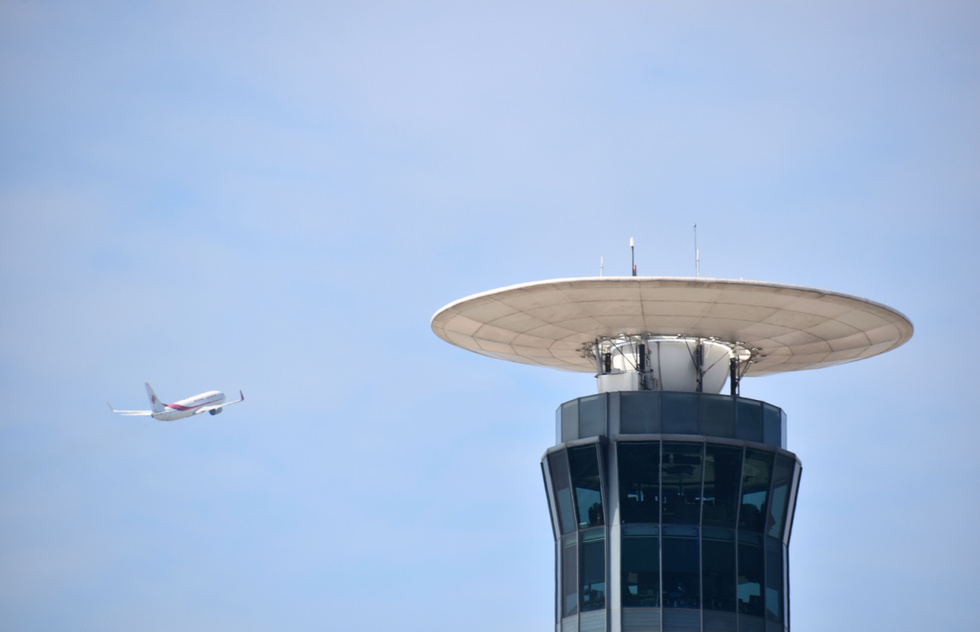Today's Times of London published a headline that will dismay anyone who has a European vacation in the works for this year: Air traffic control strike will hit up to 1 in 3 summer flights.
Sky News agreed, reporting that as many as 12,600 flights a day stand a chance of being disrupted.
Proving that it's not just United Airlines that's having a hard time contending with the labor situation at airports, industry observers in Europe are warning passengers that the smooth execution of flight plans is teetering on a knife's edge.
As Frommer's reported earlier this year, we're in an era of strikes in Europe. After 2022's crippling labor shortages that have not yet been resolved, all eyes are on the continent's air traffic controllers, who are in a dispute over their pay, hours, and staffing pressures. If no progress is made, a first round of strikes could be announced as early as Monday, July 10.
Eurocontrol, which coordinates air traffic across Europe, is monitoring unrest among the traffic control trade unions but says it's "hopeful of a positive outcome."
In response to the London newspaper's alarming headline, some industry types rushed forward to pooh-pooh concerns, yet a resolution to the dispute has not yet been reached.
A Eurocontrol spokesperson told Sky News the group "is making every effort to keep negotiations open and to find a constructive way forward," but industry observers say there isn't a strong contingency plan to help passengers in the event a strike is called.
If you have a trip to Europe coming up, what can you do to mitigate the effects of an air traffic controller strike?
For one, avoid flying over France.
Irish budget carrier Ryanair had to cancel more than 900 flights in June, displacing some 160,000 passengers. The airline mostly blames French strikes.
Labor flare-ups on the ground could disrupt traffic in the air. The Guardian quoted the chief executive of London's Gatwick Airport saying, "The regions that you want to get to this time of year, it’s predominantly Mediterranean. The most efficient way of doing that [from the United Kingdom] is to fly through France. So if we start to see the disruption across France, with industrial action … you’re likely to see slippages in schedules throughout the day.”
European newspapers report that everyone from the head of British Airways to the International Air Transport Association, a global trade group, is pressing the European Union to allow flights to pass over France in the event of a local industrial action, but so far, that waiver hasn't been granted.
The ongoing war in Ukraine isn't helping, either. The conflict limits the amount of airspace that carriers have to work with.
One smart way to sidestep domestic European strikes is to fly into a major international gateway and then take the train to get between cities.
Most major European airports have their own train stations to get you started. Of course, there could be a sudden strike on the train line you want—but at the moment, air traffic controllers are the travel industry group with the largest and most precarious dispute.
Also keep an eye on the local press in your European destination to stay apprised of any announced strike actions. Time Out maintains a list of preannounced labor disruptions across Europe.
You might have thought that air travel was only falling apart in the United States—but it's happening around the world. Pack your patience.







